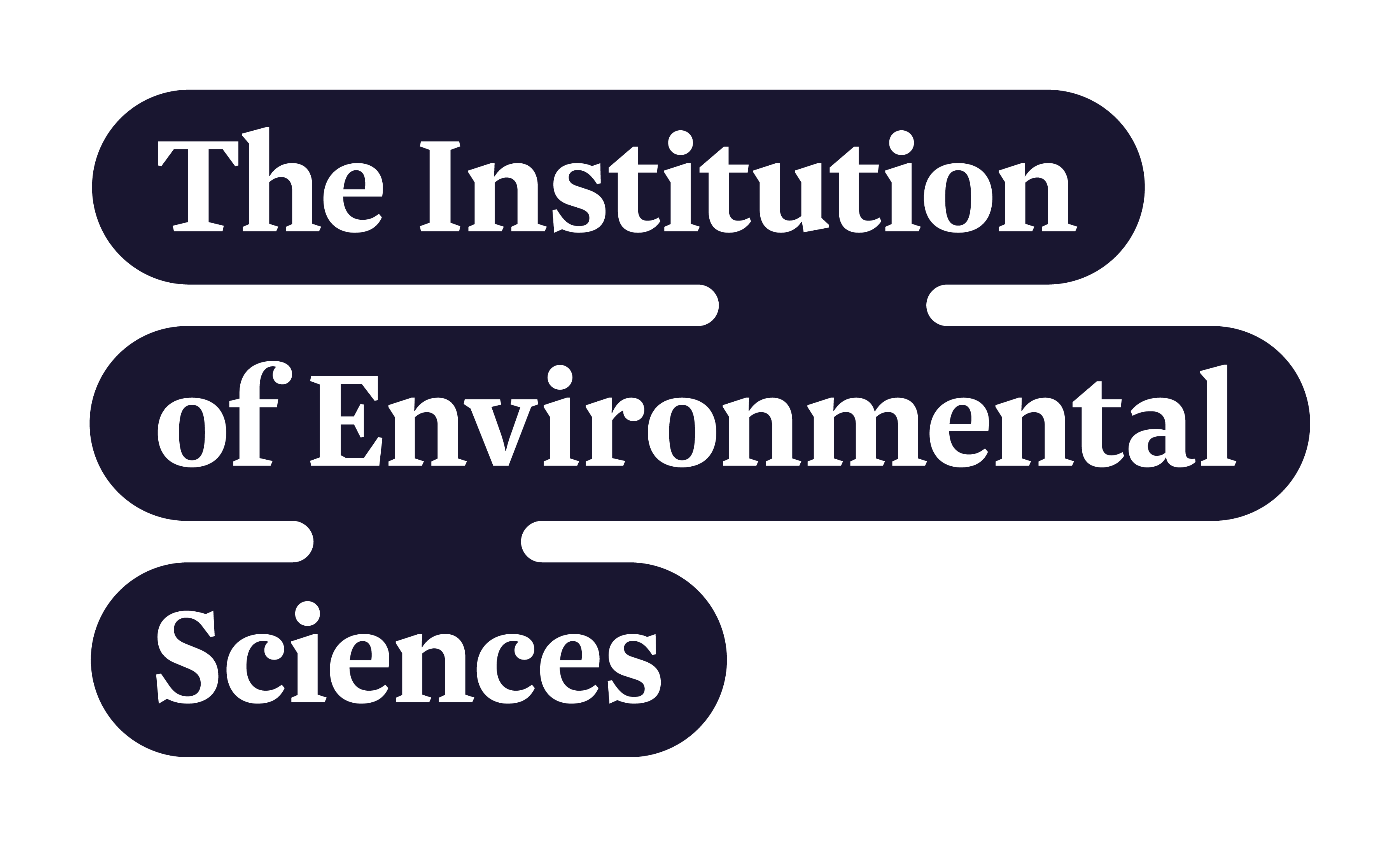Policy Update August 2014
Pearson is redeveloping its BTEC National Applied Science qualifications for 16-19 year old students in schools and FE colleges, and is asking for views on which practical skills, knowledge and technical competencies should be included in the new qualifications. Contact Elena Softley for more details.
The Free School programme will end under a Labour Government in 2015, the shadow education secretary Tristram Hunt has announced. Mr Hunt also announced that a future Labour Government will end the practice of employing unqualified teachers in classrooms. No further detail on this but teachers will be expected to undertake regular professional development throughout their careers and “revalidate their expertise at regular intervals”. Labour will also give support to establishing a Royal College of Teachers.
Entries in A-level Biology, Chemistry, Physics, and Further Maths increased in 2013/14. The percentage of A* grades awarded in Biology, Chemistry and Physics increased form the previous year also increased, but there was an overall fall in the number of students achieving A-C grades. Mathematics is now the most widely entered A-level, by 10.7% of students ahead of English at 10.2%. In science-related subjects students taking Computing rose by 0.1 percentage points; Design & Technology and ICT fell by 0.1 percentage points; Psychology and Other science saw no change from 2013, remaining steady at 6.6% and 0.4% of all entries respectively. Significant gender disparities remain in Physics (21% female entrants), Mathematics (38% female entrants), Further Maths (28% female entrants), Psychology (24% male entrants), while Biology is split 40:60 male to female.
The Department for Education announced 7 new University Technical Colleges (UTCs) and new 4 studio schools to open by September 2015. Sponsors of the new UTCs and studio schools include Jaguar Land Rover, Kew Botanical Gardens and Dyson.
Higher Education
The House of Commons Business Select Committee report has expressed concerns about the future division and impact of UK research funding in the wake of Scottish independence, suggesting that it is “unclear whether the common research area is either practical or desirable in a post-independence United Kingdom” and that post-independence redistribution of funds will undermine economies of scale that universities across the UK enjoy.
A Higher Education Policy Institute report looking at the removal of student number control in Australia suggests that lessons can be learned for the UK higher education sector, when from 2015 UK universities are able to recruit unlimited numbers of students. After Australia relaxed its limit on student number recruitment, enrolment from across all socio-economic groups increased as did enrolment from mature students. The largest growth in demand was for science and medicine courses. However government expenditure rose as a consequence, resulting in cuts to the overall higher education budget.
A report from the Independent Commission on Fees and the Sutton Trust on trends in higher education applications and enrolments suggests that recent reforms to higher education funding have not met one of its stated aims: to provide more assistance for students from disadvantaged backgrounds. The report, which looked at enrolment and application data between pre-2012 reforms and the 2013/14 academic year, found that application and enrolment rates among 18 year olds were up from their 2010 levels, but mature students’ application and acceptance rates remain low, at around 40% lower than 2010 levels. Entry and application rates between advantaged and disadvantaged groups have narrowed but remain wide, with males from disadvantaged backgrounds particularly affected. Those from advantaged groups are 3 times more likely to enter higher education, around 7 times more likely to enrol at one of the 30 “most selective” universities and more than 9 times more likely to enrol at one of the 13 “most prestigious” universities.
Research undertaken by Universities UK and the think tank British Future reveals that international students contribute positively to UK higher education and the economy as a whole. A majority of people (78%) also believe that international students should not be counted as migrants, a policy which several Parliamentary Committees and the Science Council have called for.
The Higher Education Data and Information Improvement Programme (HEDIIP) has launched a project to increase take up of the Unique Learner Number (UNL) in higher education. The UNL aims to enable better sharing of data across education providers, and provide learners with a central repository for their personal learning and achievement records. The HEDIIP is holding a workshop in London on Tuesday 30th September from 11am to 3pm to identify the case for current and future use in higher education. If you are interested in attending this workshop contact the HEDIIP Programme at info@hediip.ac.uk. Further queries can be directed to Jenni Cockram, HEDIIP Programme Officer.
Skills and Careers
A Princes Trust report on skills in the workplace has found that employer confidence in UK economic growth is undermined by perceived skills shortages, with nearly three-quarters of employers anticipating a ‘skills crunch’ within the next three years. The report echoes many of the concerns expressed by employers in the CBI’s 2014 Education and Skills Survey, a briefing of which can be read here.
Figures from the Chartered Management Institute show there is still large pay disparities between the genders, with women having to work on average 14 years longer than men to reach equal pay. While the gap is relatively small between the ages of 20 and 35, the gap greatly increases in future years. Over a lifetime women earn on average 23% less than men. In senior roles women make up 30%, but in entry-level roles make up 69%.
An Institute for Public Policy Research report has called for greater alignment between vocational education and training and professional registration, particularly at the local and regional level. The key, the report says, is to encourage employers to take a financial stake in the success of the system. This will encourage them to invest more in young people’s training, of which currently many consider to be of poor quality and not able to deliver the skills required across the economy. The report compares the UK with other European countries and finds that across much of Europe there are strong work-based vocational education and training systems with a high degree employer involvement.
A report on supporting regional technology clusters by Policy Exchange highlights that Northern cities suffer from a STEM skills ‘brain drain’, with over one third of graduates from ’major universities’ in the North East and North West, and over half in Yorkshire and the Humber leaving these areas. The report says that the combination of with underinvestment in transport infrastructure, access to finance, and lack of strong local government means these regions cannot develop strong economies. The report echoes a recent McKinsey article on technology clusters which argued that Government needs to nurture the optimum city environment for businesses and clusters to grow and develop.
The Department for Education has published an updated list of tech-level qualifications to be taught from September 2014 and will be included in the 2016 performance tables. Tech-level qualifications are Level 3 qualifications for students wishing to study in a technical occupation or career. Tech-level qualifications must be recognised by a relevant trade or professional body and at least 5 industry employers to which the qualification relates.
The new Trailblazer apprenticeship standards have been launched by BIS, including two designed to be recognised at Registered Science Technician level: Laboratory Technician and Science Manufacturing Technician. Both apprenticeships are at Level 3 and designed to last a minimum of 18 months. Standards for the life and industrial science Trailblazers have been designed by employers in collaboration with the Institution of Chemical Engineers, Royal Society of Chemistry and Society of Biology. Lord Adonis’s recent Growth Review expressed concern that the involvement of too few employers will mean that the Trailblazers’ standards are unlikely to meet the needs of a broad range of employers and employees. The Science Council has also expressed concern that National Apprenticeship Service and UKCES have until now been in response-mode to support the development of apprenticeship schemes but appear to have a ‘Plan-B’ when no employer-led proposals are forthcoming.
Science and Industry
The House of Commons Energy and Climate Change Committee report on the Government’s approach to low carbon innovation argues that the Department of Energy and Climate Change’s lack of staff resources inhibits full engagement with European issue affecting UK innovators, including shaping funding programmes, shaping EU standards and regulations.
Other News
The Major Projects Authority, the body designed to improve project delivery across government, needs more formal powers to drive change in government spending on infrastructure projects according to a report by the House of Commons Public Administration Committee. The report also expresses concerns that the Authority lacks the necessary skills at senior levels to make strategic investment decisions. It its responses to the recent BIS consultation on capital spending and the Labour Party’s science Green Paper, the Science Council recommended the establishment of a National Science Capital Investment advisory group to provide leadership, guidance and direction for large and small-scale science capital and infrastructure investment.
The Institute of Brewing and Distilling has written an article for its magazine Brewer and Distiller International on the importance of Continuing Professional Development to the brewing industry. If your organisation has undertaken similar activities we will be happy to promote them through social media and across the Science Council memberships. Please contact Oliver O’Hanlon with details.


